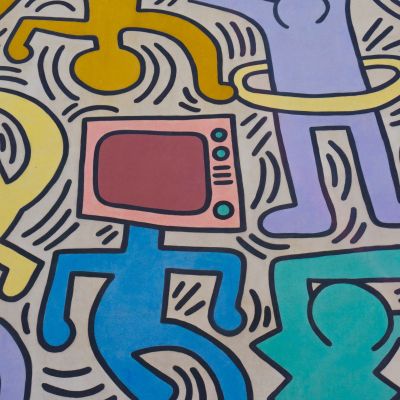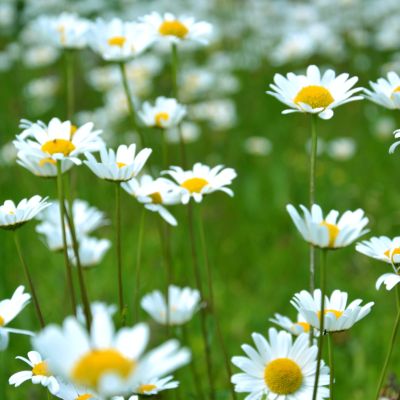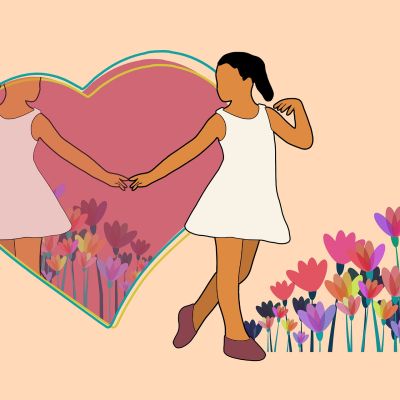comfort
Coupled with the tendency to approach sexuality with seriousness, play often remains absent in discussions of sexuality. Sexuality shares the elements of fun, pleasure and spontaneity that are found in play.
In our mid-month issue, Rahul Sen writes of the impossibility of intimacy, of the gnawing pain and underlying cruelties it may unsheathe and how it is at best an illusion while Pavel reminds us of how, in our search for intimacy, we keep bits and parts of our lost loves and they keep parts of us, and how through being loved by them we learn also to love ourselves.
I was not simply stuck within the binaries of “same-sex” or “opposite sex,” assuming that any reference to “same-sex” is in itself already revolutionary. But the call to recognise friendship, is a call to recognise so many forms of community that are made invisible by the emphasis within a liberal or conservative framework on “marriage” as the only path to family making.
I was not simply stuck within the binaries of “same-sex” or “opposite sex,” assuming that any reference to “same-sex” is in itself already revolutionary. But the call to recognise friendship, is a call to recognise so many forms of community that are made invisible by the emphasis within a liberal or conservative framework on “marriage” as the only path to family making.
As we grow older, moral codes, conventions of appropriateness and shame, and the utilitarian and income-focused education we get make us lose that stability. The idea of play to me is about bringing back that ability and comfort into the lives of people so that they can actually play.
It is true though that ageing has brought home realities about my body that I ignored when I was younger. It has made me mindful of what I value, and what I choose to let go of, without too much of thought or unnecessary angst.
There may already be another organisation in the community to share resources with but for community-led initiatives, a shared perspective on Safe, Inclusive, Sexuality-Affirming (SISA) spaces is also important. Sometimes when the shared perspective is not there, that becomes a challenge.
We might need, therefore, to uncouple sexuality from intimacy because they do not necessarily belong together. Intimacy points to the comfort of knowledge while sexuality often shatters what knowledge we think we have.
I tell them to laugh freely but question as much too. This gives them a sense of sheer relief to be able to ask, talk, question, because, even if it is ‘really bad’, after all, it’s being said in ‘lightness, is it not?
The fans invest emotional energy, and time, knowing very well that the players may never know of their existence or reciprocate the same emotions. That, however, does not deter them from feeling and living those emotions.
We all talk of ‘safe’ as some place where we are not in danger. Well, the truth is there is danger everywhere. So, maybe before we even delve into the subject of safety and sexuality, it is imperative that we take a moment to pause and see what safety and sexuality could even mean.
The most satisfying spiritual and sexual experiences I’ve had were not in my twenties, thirties or even forties. They have been in my 50’s. The most insightful spiritual insights, and the most orgasmic orgasms have both arrived in middle age.












